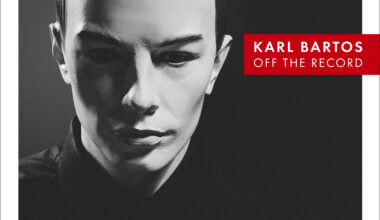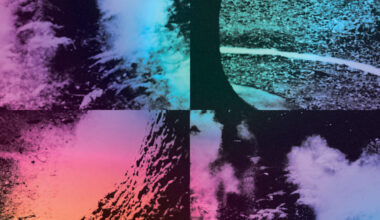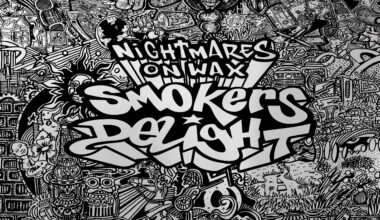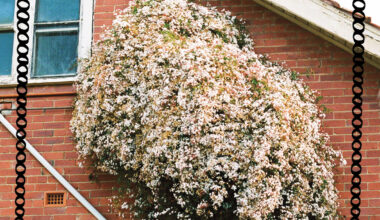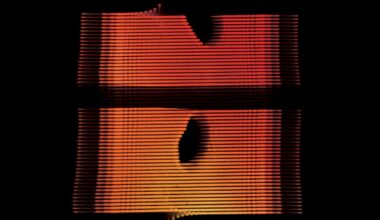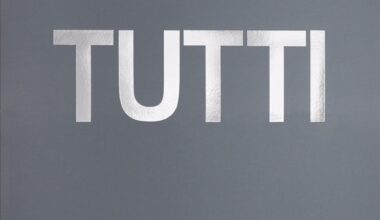Two very different albums from one of our favourite pioneers, including a collaboration that finds him at his dark and seedy best


Having spent over 30 years monitoring the vagaries of 70s and 80s pop, one of the few undesirable constants has been having to watch some of my favourite artists abstain from their craft. I had to wait 12 years for Kate Bush to follow up ‘The Red Shoes’ and another 12 for David Sylvian to reawaken after ‘Secrets Of The Beehive’.
For a while back there, John Foxx, English electronic groundbreaker and founding member of Ultravox, was equally reclusive. I don’t know what it is about the number 12, but that’s how many years elapsed between his 1985 album, ‘In Mysterious Ways’, and his 1997 ambient magnum opus, ‘Cathedral Oceans’.
Thankfully, fans have no reason to complain about his lack of output these days. John Foxx has released an album almost every year since the late 1990s and, adding in collaborations and compilations, he has been known to put out three or four. But it’s the quality of the work that’s more important than the quantity, of course. And while Foxx has crafted some terrific material in recent times, especially his highly credible link-ups with The Maths and Harold Budd, I’ve been less impressed by his partnerships with Louis Gordon, Theo Travis and ex-Cocteau Twins guitarist Robin Guthrie.
It’s when Foxx’s luminous, dystopian themes dominate the discourse that one truly sits up and takes notice. These two albums – a solo soundtrack selection and a new collaboration with self-styled sonic mediator Steve D’Agostino – do just that, albeit with variable results.
‘B-Movie (Ballardian Video Neuronica)’ finds Foxx returning to his roots via a series of rudimentary instrumentals. Moving through the gears between soft, minimalist ambient compositions, crude ‘Metamatic’-era synth wailers, and a piano-led piece infused with sample-based field recordings, the constant switching of ideas and moods makes for a rather ragged, disparate collection of tracks. The material is not without merit, but the album does seem to be steeped in nostalgia, yet somewhat hurried and a little lacking in creative hunger. Which is a little strange considering Foxx has crafted some spectacularly forward-looking and enigmatic electropop records.
Thankfully, ‘Evidence Of Time Travel’ is almost the complete opposite. This is Foxx’s second album with Steve D’Agostino and follows on from ‘A Secret Life’, which the pair recorded with ex-Japan percussionist Steve Jansen in 2012. There’s nostalgia here too, but it’s that cool kind of retro futurism that has run throughout Foxx’s career – dark and seedy and sci-fi. The motorised analogue beats and winding, one-fingered Moog biters create wildly imaginative visions of cybernetic sex workers meandering through rain-spattered, neon-lit back alleys, hiding from a cigar-chomping pimp designed out of the pixelated remnants of some side-scrolling video console beat ’em up.
While ‘B-Movie’ is perhaps reserved for the John Foxx completists, the union of Foxx and Steve D’Agostino is something else. If you love inky, morbid 80s synth play – conjured with a motivated, malevolent smirk – the visualising soundscapes of ‘Evidence Of Time Travel’ are hugely rewarding.
